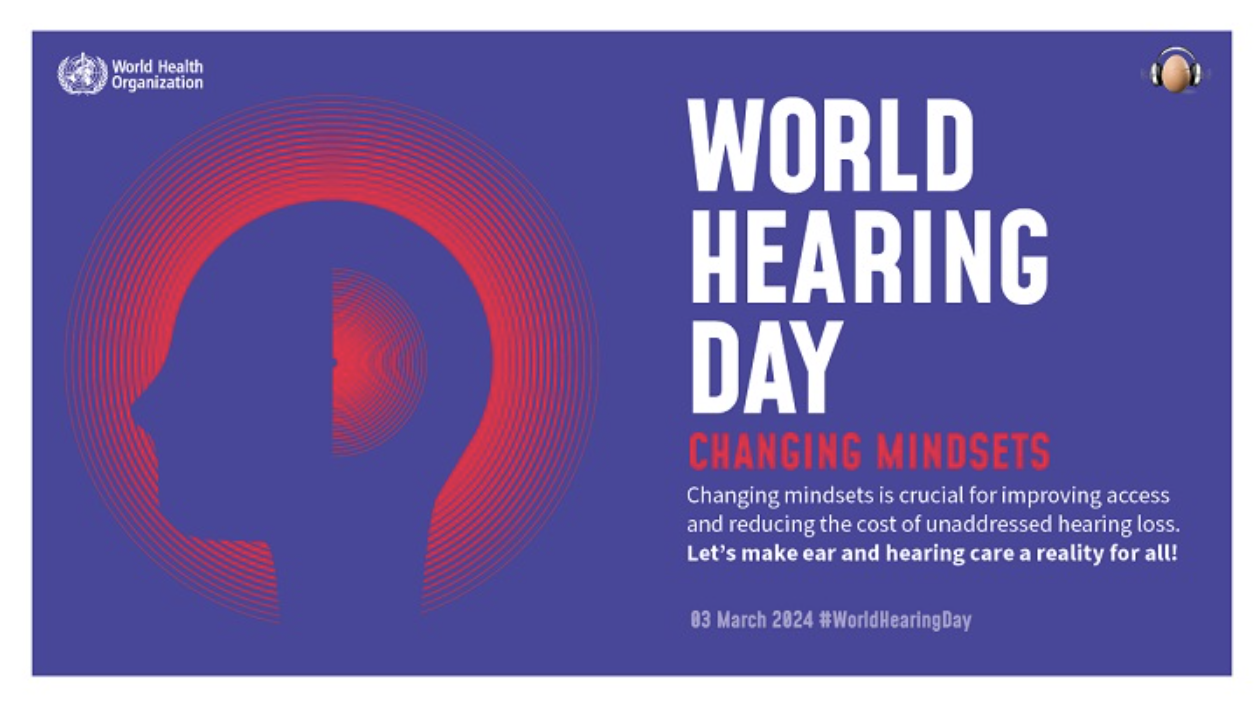
A deafie’s guide to accessing captions anywhere!
November 15, 2018
Watch: Tips for flying with hearing loss
November 21, 2018The term “Hearing Impaired” is no longer in New York’s law books

How do you identify your hearing loss? Do you call yourself “deaf,” “hard of hearing,” or “hearing impaired?”
Hopefully, you don’t use the term “hearing impaired,” because it’s now considered archaic.
In fact, it’s so frowned upon that it’s been removed from New York state’s law books as of August 2018. NY is now the third state to take such action. Utah set the precedent in 2017, and NH passed a similar measure in June of 2018.
All references in state law have been changed from “hearing impaired” to “deaf” or “hard of hearing.” There were at least 25 references to “hearing impaired” or “impairment” before Governor Andrew Cuomo signed the bill.
Why is this term being removed from law books?
What’s so bad about using the term “hearing impaired” anyway? Merriam-Webster defines “impaired” as “being in a less than perfect or whole condition; as disabled or functionally defective.” As you might guess, this means the term has a negative connotation.
“Advocates and members of our community who are deaf or hard of hearing find the labeling of ‘hearing impaired’ to be offensive,” said one of the co-sponsors of the bill, Senator Terrence Murphy (R-Yorktown, Westchester County). “Our neighbors who suffer from deafness or hearing issues are not broken or impaired but just the opposite. By using the correct terminology, New York State will now acknowledge and remove any stigma associated with the deaf.”
Ironically, Sen. Murphy needs further education due to his usage of “suffer” and “the deaf,” both of which are not considered politically correct. But his heart is in the right place in supporting this inclusive language. Another irony is that “hearing impaired” used to be the preferred usage, with “deaf” being considered too bold or rude to use. Some people avoid using “hearing impaired” as a matter of course because it sounds like they have a slight hearing loss, rather than a profound one, which can affect how accommodating people can be.
Read more: Celebrating the diversity of deafness
Howard Rosenblum, CEO of the National Association of the Deaf — who pushed for the measure – says there are no similar ones being proposed in other states at this time. He does expect more to follow. Because federal law still employs “hearing impaired,” NAD is looking into possibly proposing legislation to eliminate it at the federal level.
What term do you use for your hearing loss identity? Let us know in the comments.



